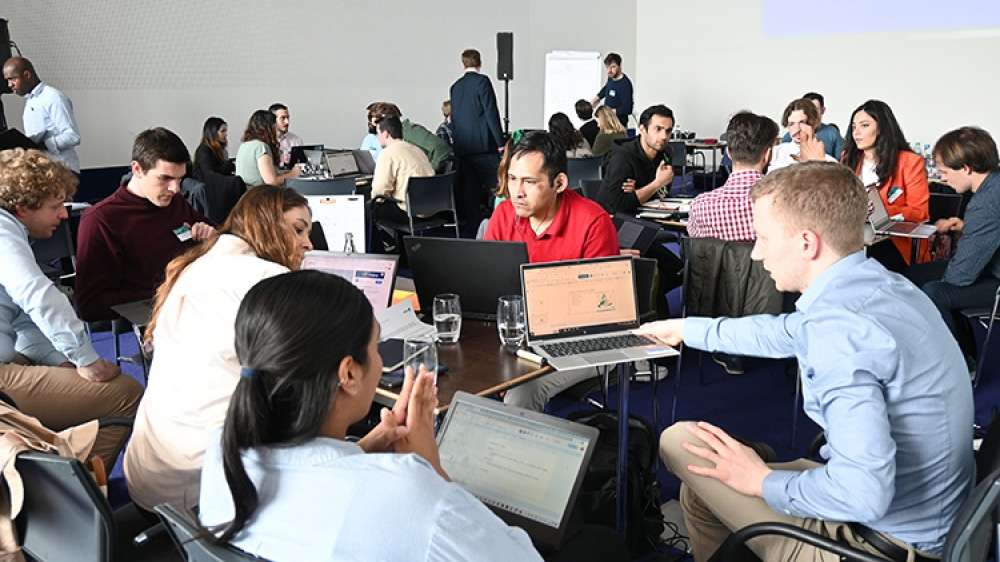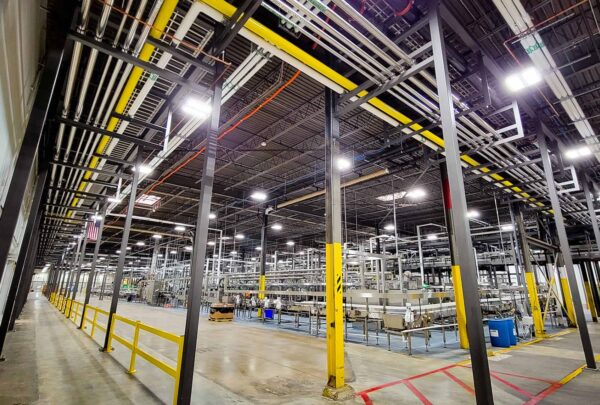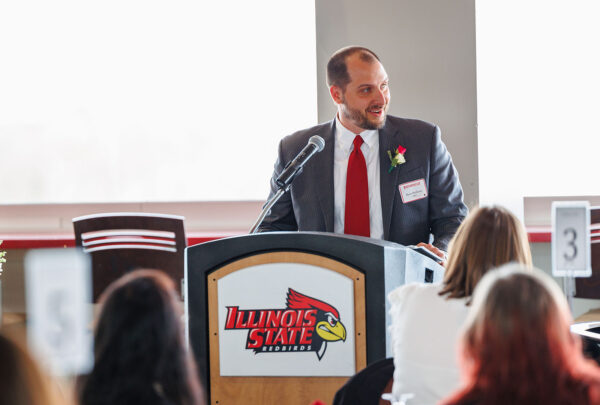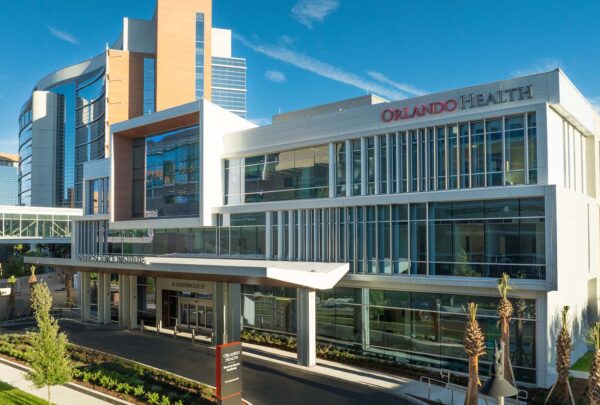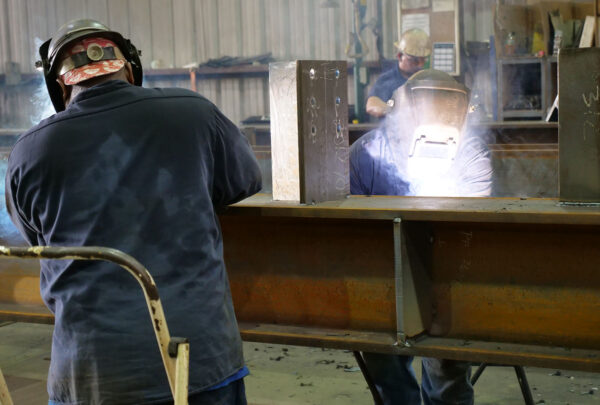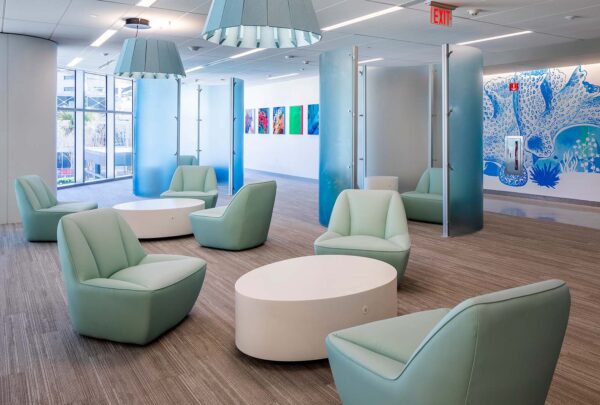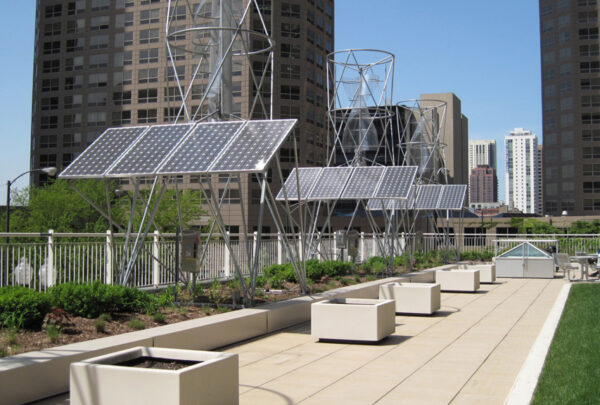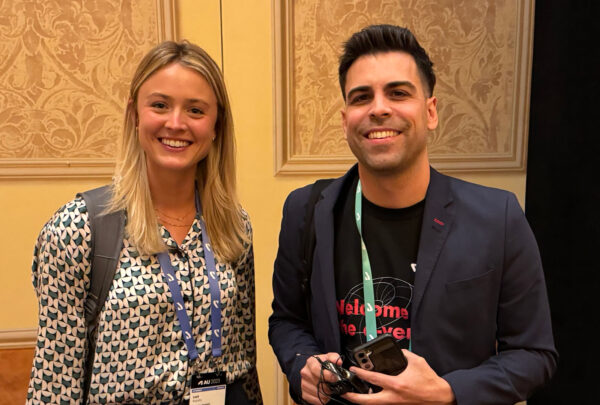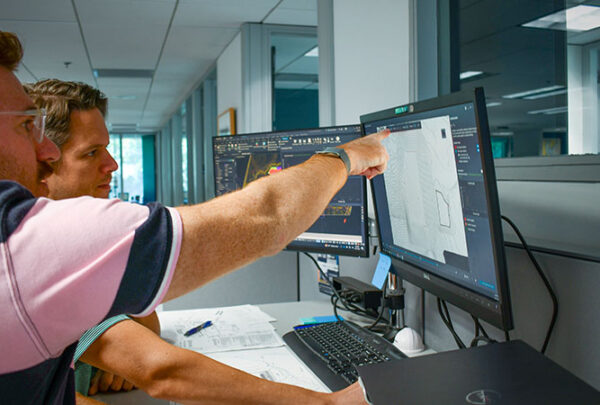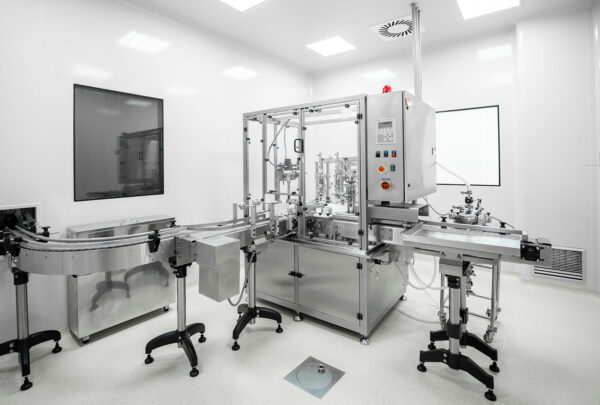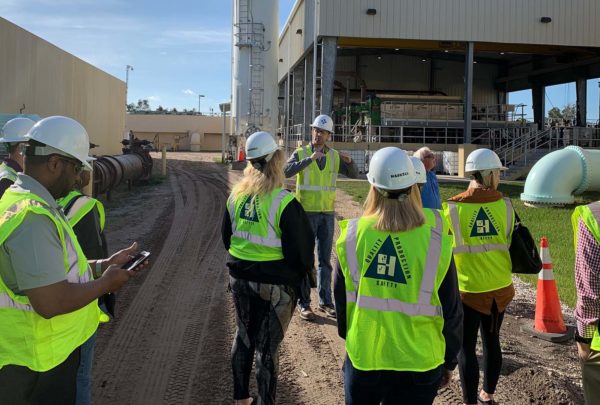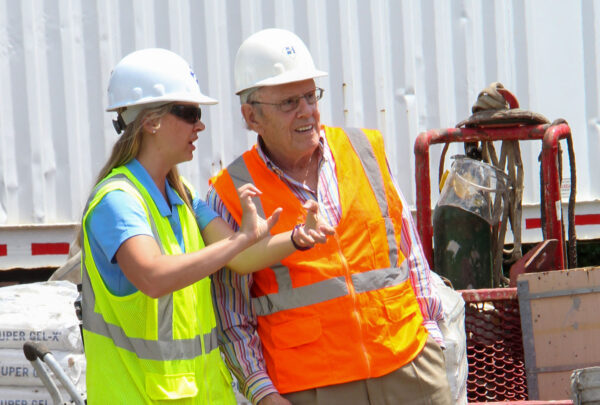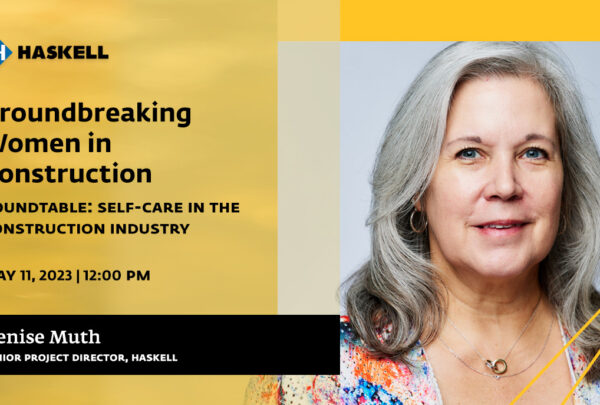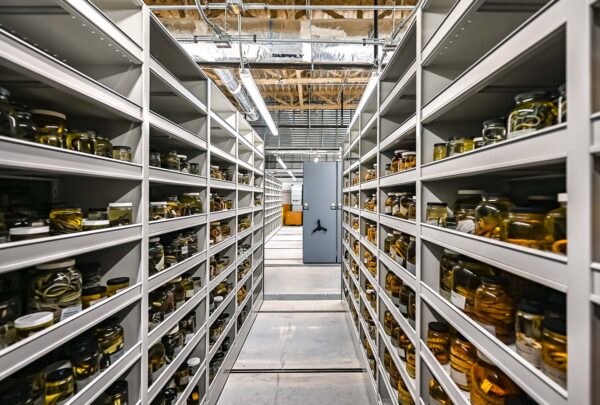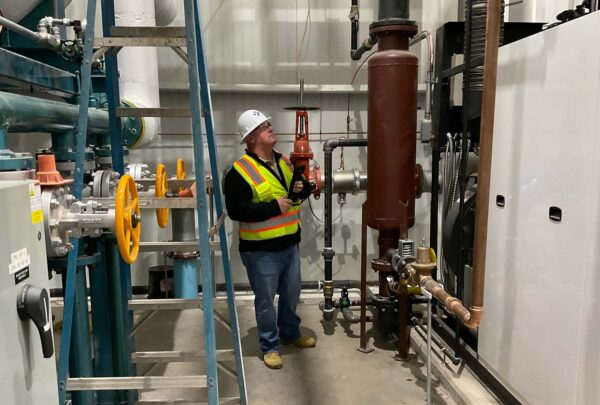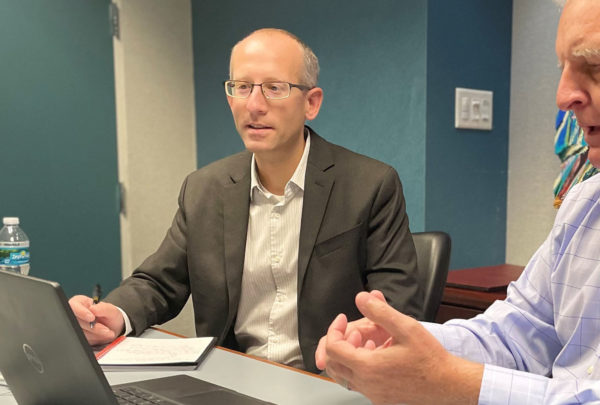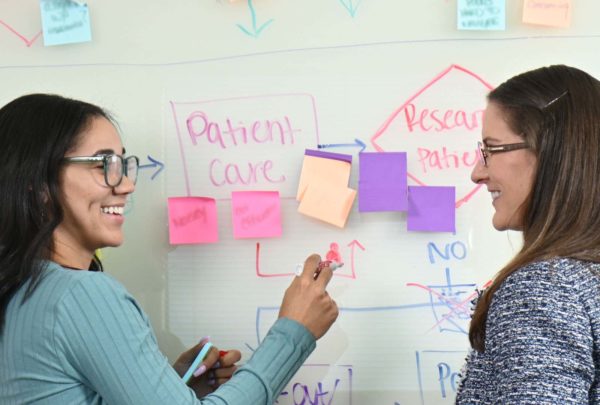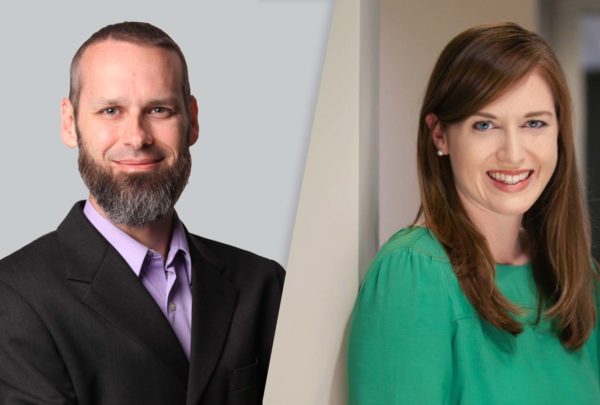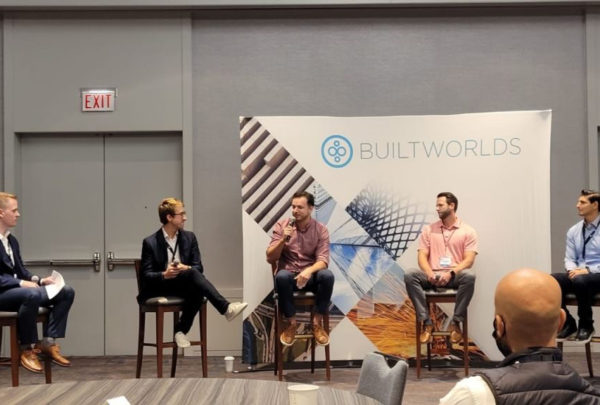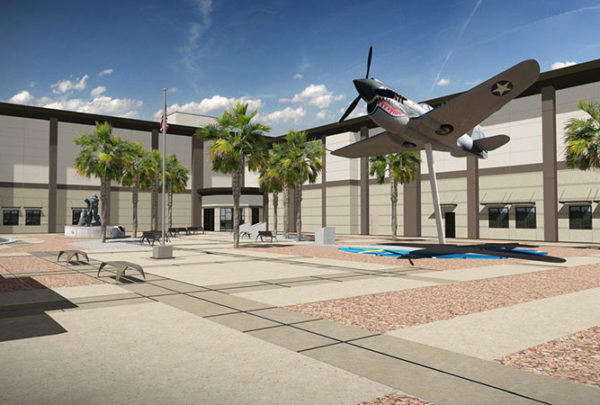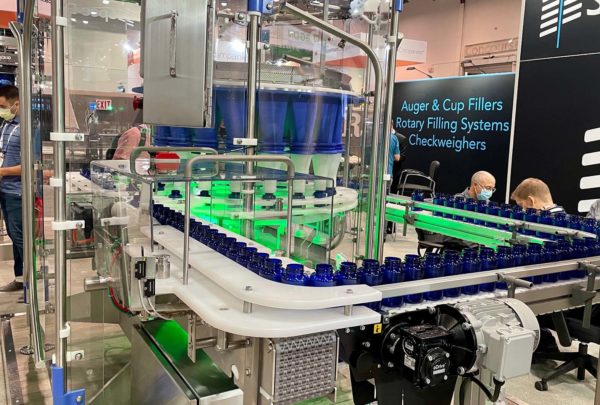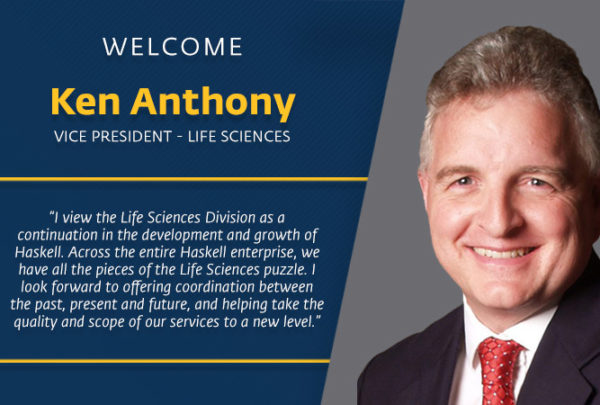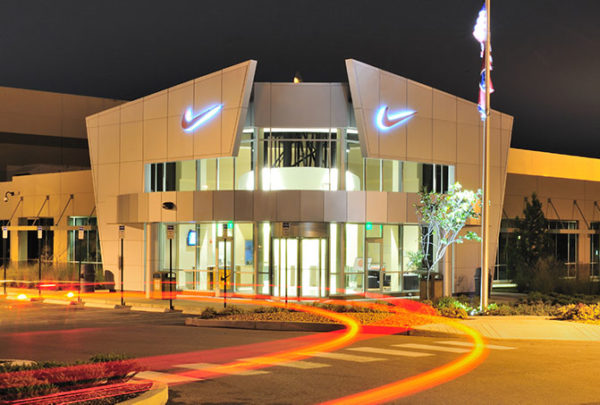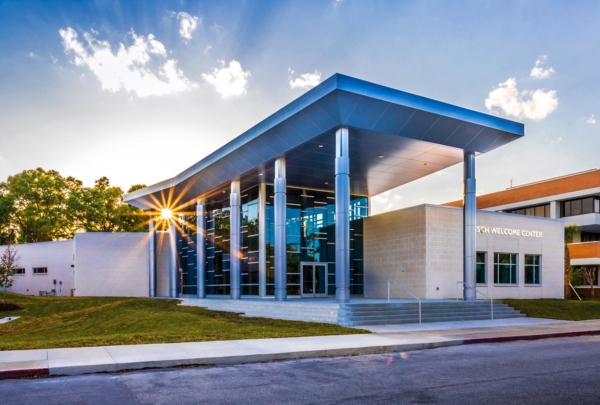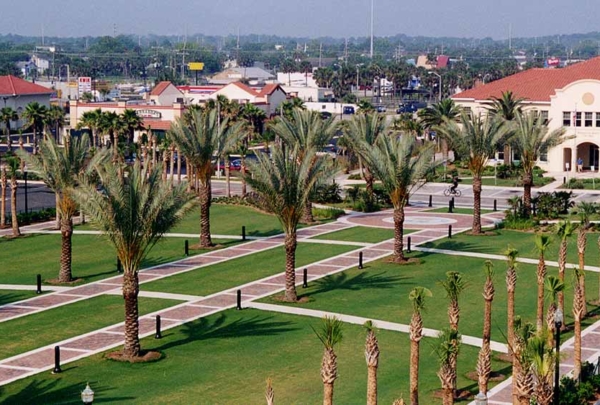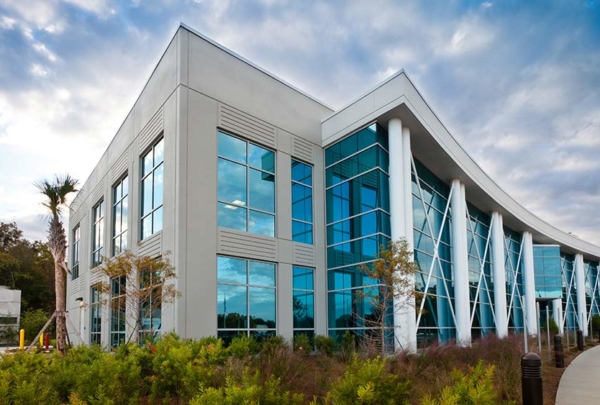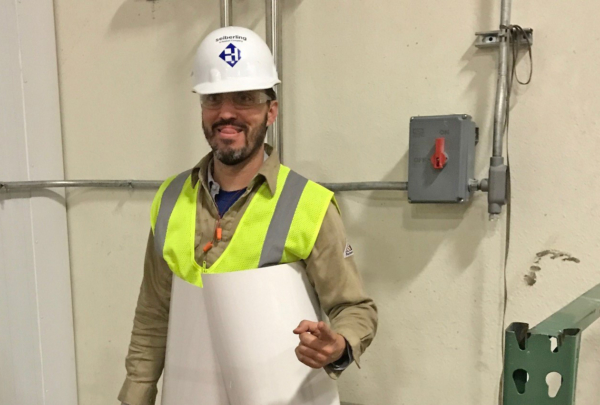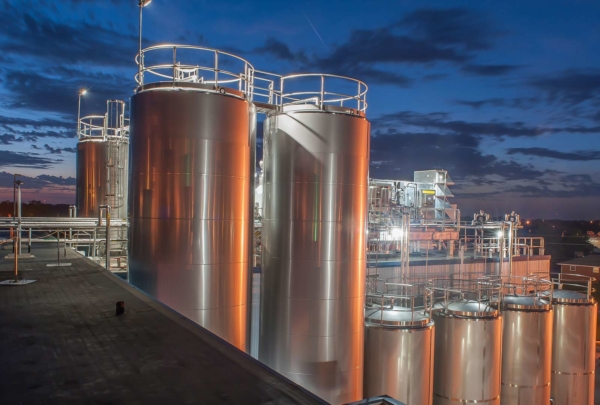Improving patients’ lives through a focus on accessibility, sustainability and resiliency were recurring themes that Michael Asher, Director of Operations for Haskell’s Life Sciences Division, took away from the two major industry events – the BioFlorida Conference and the International Society for Pharmaceutical Engineers (ISPE) Annual Meeting & Expo.
BioFlorida represents 8,600 establishments and research organizations in BioPharma, MedTech, Digital Health and Health Systems. Its member-driven initiatives aim to provide a strong business climate that advances innovative products and technology that improve patients’ lives and promote economic benefits in the state.
ISPE is the global leader in connecting pharmaceutical knowledge to deliver manufacturing and supply chain innovation, operational excellence and regulatory insights that improve the development, manufacture and delivery of high-quality medicines to patients.
It is no coincidence, Asher said, that the patient is the beneficiary of each organization’s mission.
“Improving the lives of our patients is the main goal because we need to remember that our patients are our family, friends, and co-workers too,” he said. “We’re doing this because it's meaningful and impactful to the lives of the people around us.”
BioFlorida attendees were encouraged to maintain a holistic industry view and emphasize the importance of affordable and achievable methods to improve accessibility to care and enhance the lives served by the Florida life sciences ecosystem.
Those are important goals, and achieving them is a complex mission. Florida is a large state geographically with several independent university systems and regional players, meaning that life sciences industries are scattered rather than coalesced around a single hub, such as in Boston, San Francisco, Philadelphia and others.
“While Florida may not be able to follow the same playbook as these hubs, it possesses some unique differentiators that can make it a meaningful player in the life sciences sector,” Asher said. “Finding that identity – and developing a visionary leadership group to rally the players – is the challenge we're working on together, and it’s the spirit of BioFlorida.”
Given Haskell’s long history in the state and its multidisciplinary approach to facility solutions, he was able to contribute substantively to the conversation.
“For Haskell, one of the areas we are very strong is our relationships across the state and knowledge of some of the earliest life sciences groups,” he said. “Florida is a good place for startups, innovators and organizations to see how far they can take an idea, and Haskell is uniquely positioned to help. We’re very knowledgeable about working with growing organizations, providing guidance early on for long-term strategies and flexibility of a potential facility.”
The ISPE Annual Meeting and Expo draws pharmaceutical, and biopharmaceutical professionals, suppliers, vendors, researchers, innovators and others from all levels to engage in industry conversations and provides education on the latest technologies and services. This year’s event focused on sustainability and supply chain resiliency, which are critical recurring themes in the industry.
In business and policy contexts, sustainability seeks to prevent the depletion of natural or physical resources so they will remain available for the long term. It can be thought of in two ways: the sustainability of physical items, such as consumables, and the sustainability of operational and business processes.
Critical to environmental sustainability is the reduction of greenhouse gas emissions. Three types of emissions play a part in an organization’s carbon footprint:
- Scope 1 captures emissions that an organization emits itself and is generally a small percentage of its impact.
- Scope 2 comprises indirect energy emissions, such as electricity sources and heating systems.
- Scope 3 emissions have the most significant impact because they are all indirect elements necessary for a business. This includes suppliers who bring in materials, trucks on the road, delivery workers, gas station attendants, airline workers, and everything else necessary to maintain a large, active business.
“If we want to make a change, it requires an ecosystem mindset,” Asher said. “The effort extends beyond our organization; we need consistency not only within our own company and among our suppliers but also across the entire industry. If major players in the life sciences industry start making their own sustainability goals and holding their suppliers accountable for doing the same, that will start to move the needle. And instead of one organization making a change, it would be 20 or even 200. It was a clear call to action for our industry.
“There is clearly a growing trend of the industry shifting from a competitive landscape to a collaborative one. That is the only way we will achieve bold goals in an ecosystem mindset, and the industry and its leadership are grasping that and building it into their business planning. It's a profound shift from even a decade ago.”
Sustainability is tied to supply chain resiliency, which remains a concern given the impacts of COVID-19. The industry continues to address how it can be impacted by single points of failure within the supply chain from external forces, such as climate impacts.
“Not only do we need to think about and plan for disruptions, but also understand and accept that we will continue to see more and more effects of climate change,” Asher said. “We will continue to see impacts from supply chain disruptions and other challenges in a complex global economy. We need to treat it as the new normal.”
Consistently maintaining a holistic and innovative approach to problem-solving means Haskell’s subject matter experts regularly take part in solutions-focused discussions across disciplines and industries. Contact our team to leverage that thought leadership on your next project.
